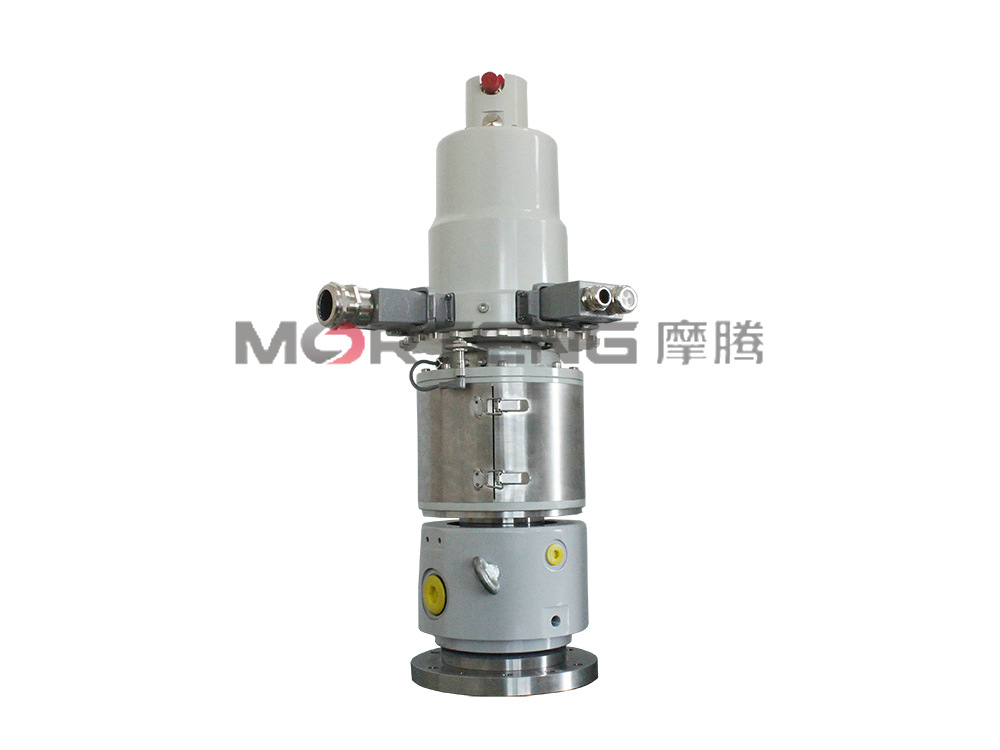BEIJING -- Multiple engineering experiments are currently underway, or poised to begin, at a cabinet on China's space station which is in a near-Earth orbit. These experiments aim to acquire know-how that can support more experimental possibilities and human survival in outer space.
The Space Basic Experiment Cabinet mounted on the country's space lab module Mengtian is carrying its first group of five experiments on space technology, figuring out how to resist microbes that may eat away spacecraft metals, produce oxygen from algae in space, and convert heat energy into electricity. Generator Brush

One of the drawers installed onto the cabinet is the microbial resistance facility. Microbes tend to have significant corrosive influence on materials in a confined space module, which makes effective in-orbit management of them crucial for any long-term space presence.
The facility in a detachable box is projected to complete the first high-throughput microbial resistance experiment in the world, in which the microbial growth will be actively controlled in microgravity before implementing PCR testing and subsequent quarantine and disinfection.
The first microbe being tested is fungus Aspergillus niger, a type of mildew that may corrode the copper and aluminum alloy.
The box will be used as a key biological safety platform for scientific research and technical identification in the space station, according to the China Academy of Space Technology (CAST).
Aside from potential hazards, the biological chemistry in space can also be utilized to produce fundamental elements for human survival. An algae cultivation test in the cabinet is designed to examine how efficiently the water plant can generate oxygen and how to cook it on site.
Microalgae is a primary producer on Earth that makes the planet oxygen-rich and it is believed to be highly tolerant to zero-gravity and cosmic radiation. Also, some kinds of it are capable of synthesizing protein, fatty acid, and sugar-like nutrients to offer safe food supplements for astronauts.
In Mengtian, the algae will be cultivated in both solid and liquid culture and then the liquid-supported algae will be heated in a "microwave oven."
This is a significant attempt that may lay a foundation for extended space travel and long-term human habitation in the future, said the CAST.
A pilot engine called Stirling thermoelectric convertor has also been put on the experimental rack. The heat-to-electricity conversion tech involves two pistons in a cylinder moving at high frequency, which can convert thermal energy to electricity with relatively high efficiency and power density.
Chinese engineers are trying to verify the feasibility and stability of it in orbit, so as to provide clues for developing advanced power technology in space that can be used in future deep-space exploration.
Another experiment in the cabinet may tell material scientists how to utilize the liquid metal in space.
The alloyed metals like those gallium-based and bismuth-based ones can flow at normal temperature or slightly higher than that. They exhibit several desirable properties including good conductivity, high boiling points and good capacity for heat transmission.
Such an experiment on Mengtian will verify the liquid metal's performance in rapid melting, electromagnetic drive, sealing and inflation protection, which may help give birth to emerging and disruptive technologies, according to the CAST.
The last of the five experiments is set to evaluate the hazards of chippings produced by a device based on friction between electric brushes and slip rings. The device is used for power and signal transfer in solar array drive assembly and spacecraft altitude control gyroscope.
However, it's still unknown how those rubbing fragments floating in the capsule will affect space work -- how those granules move or whether they will cluster in microgravity.
The test is designed to take pictures of their real motions to lay a foundation for an optimized device that can ensure long-duration operation of spacecraft, according to the CAST.

Through Bore Slip Ring Copyright 1995 - . All rights reserved. The content (including but not limited to text, photo, multimedia information, etc) published in this site belongs to China Daily Information Co (CDIC). Without written authorization from CDIC, such content shall not be republished or used in any form.